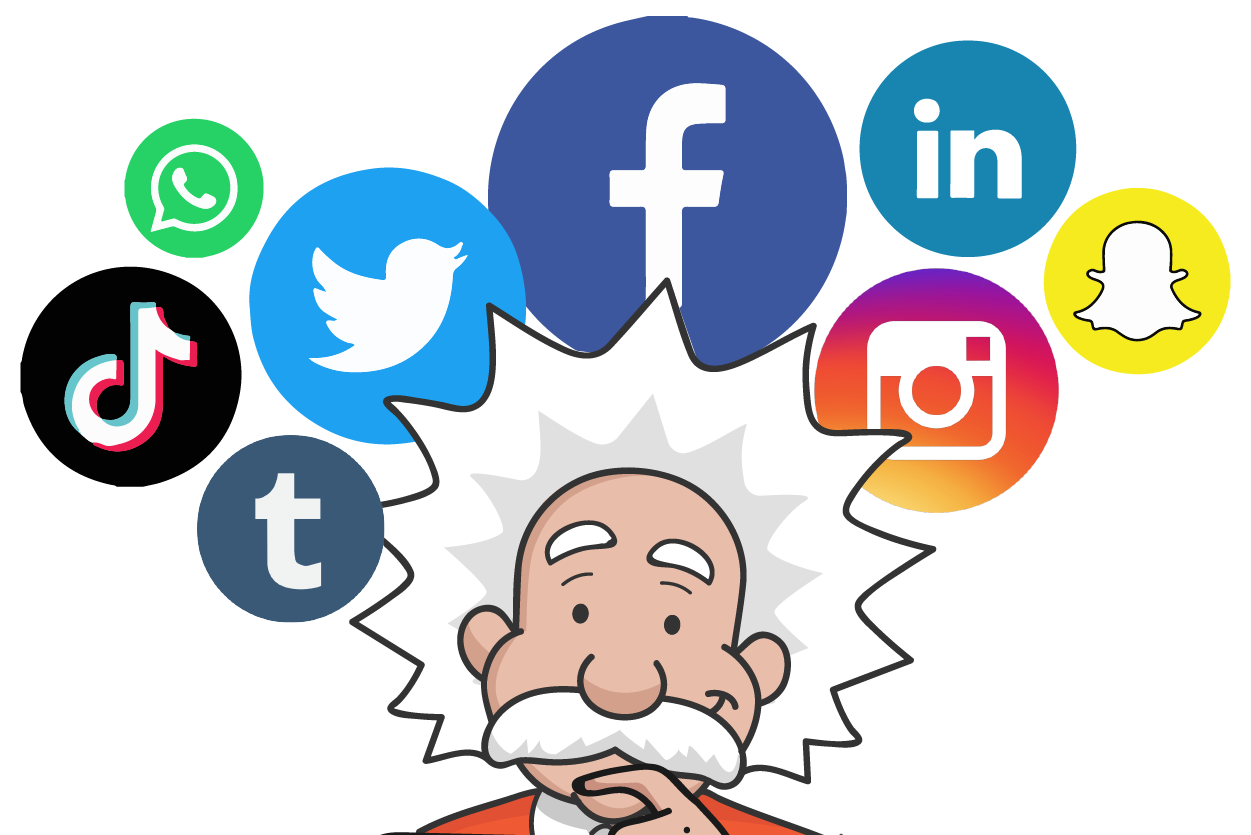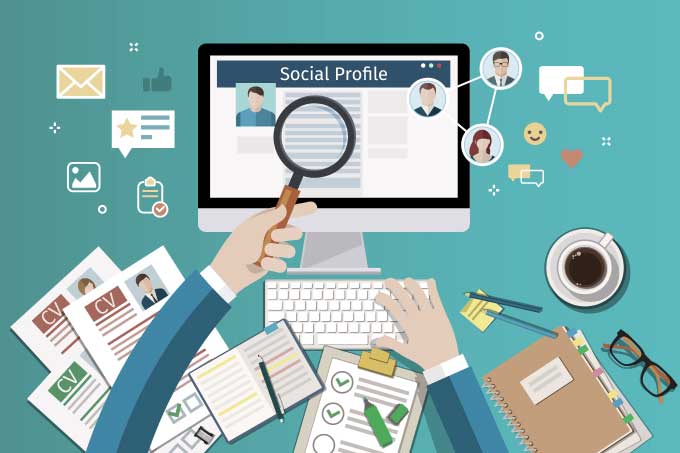How Facebook's Crackdown On Data Scrapers and Automated Surveillance Tools Will Affect Social Media Research & Analytics
Social media data scraping is arguably the most dynamic and largest dataset when it comes to real-world events and human behavior. For years, business experts and analysts have relied on this tool to extract and harvest information from platforms such as Facebook.
This invaluable information produces representative samples to comprehend individual, group, and societal behavior. In addition, many industries reap the benefits found in online data, including insurance companies, risk management firms, e-commerce, media, marketing, finance, private investigators, and HR.
However, in 2019 malicious actors used data scraping tools to discover and extract personal data from 530 million Facebook users on a global scale resulting in legal ramifications for privacy violations. Since then, the tech giant has cracked down on data scraping, introducing strict regulations prohibiting any automated crawlers, making it challenging to retrieve data.
What is data scraping, and what do these new Facebook restrictions mean for your business intelligence? Can you still gather essential information on this platform while still in full compliance with the law?
Read on to find out.
What is Data Scraping?
Data scraping, also referred to as web scraping, is the process of collecting data and content from the internet. This information is then saved to a local file and can be analyzed as needed. Basically, if you've ever copied something from a website and pasted it into an Excel file, you are data scraping, to a small degree.
Typically, data scraping is completed by software applications or bots. These bots are tasked with visiting websites, finding relevant pages, and extracting and saving necessary data. The most common data types that organizations collect include text, images, product information, videos, competitor prices, and customer reviews.
As the host of the most significant source of information on the planet, the internet has a plethora of data that is beneficial for businesses. Data scraping is used for a range of purposes, including:
- Social media scraping
- Lead generation
- Competitor analysis
- Contact information accessibility
- Research and development
- Brand monitoring
- Extracting financial statements
For example, Google uses web scraping to rank, analyze, and index content. On the other hand, insurance companies leverage data scraping to assist with claims assessments.
The possibilities are seemingly endless, but there is also a dark side that comes with data scraping. Cybercriminals often use this technology to scrape out personal information in order to conduct scams, fraud, and extortion.
Is Data Scraping Illegal?
In general, data scraping is legal as there are no federal laws against it at the moment.
But in saying that, there are rules that must be respected. This applies to publicly shared data, where the person who posted the information has chosen to make it public, you don't need to generate an account to access said data, and that the website doesn't block data scrapers.
However, when it comes to Facebook, using automation to attain data from Facebook without receiving written permission to do so is a violation of its terms.
In an attempt to curb data scraping on its platform, Facebook has enabled a dedicated External Data Misuse team of analysts, data scientists, and engineers exclusively focused on identifying, blocking, and deterring data scraping.
According to Mike Clark, Director of Product Management at Facebook:
"In short, we aim to make it harder for scrapers to acquire data from our services in the first place and harder to capitalize off of it if they do…
Limits are only a first layer of protection, and we know that scrapers are determined to find new ways to get data. That's why we've also focused on developing other methods of identifying and deterring scraping. We won't go into all of them because we don't want to give a roadmap to scrapers seeking to evade our defenses, but one example is that we look for patterns in activity and behavior that are typically associated with automated computer activity and stop it."
How do New Restrictions Affect Social Media Reporting?
Facebook is still the preferred and leading social media platform in the world. For companies that rely on AI to gather data, doing business just got a lot harder.
Why?
Because relying solely on artificial intelligence and data crawlers to obtain necessary information is very limiting. It could lead to major holes in investigations, both legal or insurance-based.
So, is this the end of businesses looking for vital data on Facebook? No. Because luckily, there are social media screening professionals who think outside the box to get you the results you need to obtain accurate information to mitigate risk, reduce fraud and enable better decision making.
Why isn't Social Discovery Impacted by Facebook Scraping Restrictions?
Not all social media screening companies are created equally. We at Social Discovery embrace technology in all of its glory, but our experts don't just rely on these tools to uncover data online.
We understand that you can’t rely on AI alone to produce a complete and accurate social media report. AI technology is great for scouring vast amounts of data quickly, but when it comes to analyzing data in context – artificial intelligence fails miserably.
That’s where the human element comes in. And that’s what we at Social Discovery like to call the other AI – Accurate Intelligence.
The process involves various stages of analysis, including thorough human quality control from three Social Discovery employees at three levels of expertise.
It's safe to say that nothing gets passed us, no matter which platform we search.
Social Discovery Helps You Achieve Accurate Social Media Intelligence
The Social Discovery point of difference is that we aren't hitting and hoping. Instead, we utilize a tested and proven method of AI combined with human intelligence, which yields no false positives.
Our strategy is layered, making it utterly unaffected by the latest Facebook data scraping restrictions. The result? Complete, curated and actionable reports each and every time.


